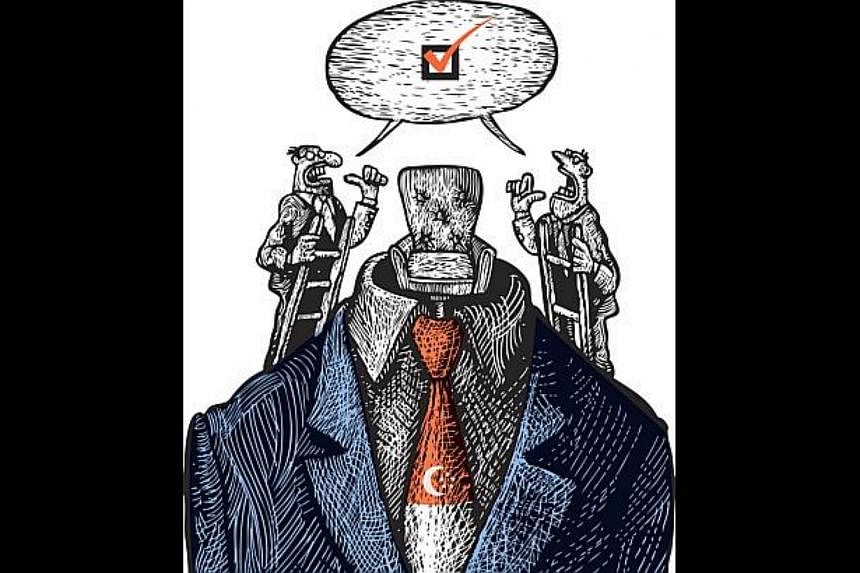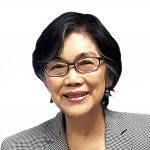THERE was a sense in the first-generation leaders that "life is tough, we are vulnerable, we don't have many options". The political model fostered was one that facilitated quick policymaking and implementation. It rested on a dominant one-party system promoting consensus and an overall depoliticisation of issues.
Over the years, the People's Action Party leaders have modified their political style, but not the political model.
It was a paradigm that worked. Prime Minister Goh Chok Tong's leadership style was more approachable and different from Prime Minister Lee Kuan Yew's. Prime Minister Lee Hsien Loong has evolved his own style, part compassion, part firm leadership. With both leaders, Singapore's political space opened up gradually. The success of the governing model and the policies is reflected in the positive changes in our population. So the ground has changed and expectations have changed.
The census data between 1970 and 2010 show Singapore's demographics have been reshaped. Singaporeans are better-educated, university-educated, overseas-educated and holding better jobs. The success of PAP policies over time was ground-changing.
The May 2011 General Election was a watershed. A critical mass of voters sent a message to the ruling party. They want a stronger opposition presence in Parliament. The vote went 60.1 per cent and 39.9 per cent. More than one in four voters were in the 21-34 age groups; 8.5 per cent of the electorate were first-time voters. There were issues - rising cost of living, inflation, and income inequality, influx of foreigners causing job displacement, particularly in the PMET group, and lowering of wages.
The social media revolution gave voice to and amplified the dissatisfaction and opposition views. Singaporeans are now more vocal, more demanding of their rights, have lost their fear of speaking up and voting for the opposition. Politics has become competitive again. The political culture has altered.
The ruling party responded swiftly. They were in a listening mode. They recognised the social contract had broken down and they would have to build a new consensus if they were to win back support to continue with its dominance.
I think the PAP knows it has to find the new balance. But it faces a classic dilemma. Do you get rid of a model and a set of policies that have worked and in many ways continue to be relevant?
The existential context of Singapore has not basically changed. The vulnerabilities are still there though they may be in a different form. Today it is not about survival but keeping competitive or risk irrelevance. And policies relating to our founding values of multiracialism, multilingualism and multi-religions, law and order, non-corruption, meritocracy and open economy should not be given up, for we will be diminished or destroyed. But other policies which I consider second order policies, such as certificates of entitlement (to buy cars), foreign talent, housing prices, can be reviewed and improved.
I read a very good nuanced piece by Jeremy Au, a young journalist, in The Straits Times of Jan 12. He was writing about politics in 2030. Au argues that "if there is a consensus about the trajectory of Singapore politics, it is that there is an unstoppable drift towards liberalisation" and for some "the true mark of Singapore's arrival is the establishment of a two-party system".
But Au points out that a poll in the NUS recently of 400 students "found no clear desire among the young for a two-party system".
How long the present model will last depends on what the PAP does in terms of policies, retaining its support and if it continues to recruit good political talent into the party. It also depends on how well the opposition parties do in recruiting talent and the policies and programmes they offer.
And, we do not know what coming challenges in the external context could impose on our political environment.
But one thing is clear, Singaporeans know what the PAP has done in building up Singapore. They do not worry about sovereignty, territorial integrity or the economic future of the country. They take all that for granted. What the bulk of the voters ask of the Government is "What have you done for me today?"
So going forward, the legacy is important, but it will be a competitive fight for support.


